A Conversation with Mark Reid, Author of Getaway!
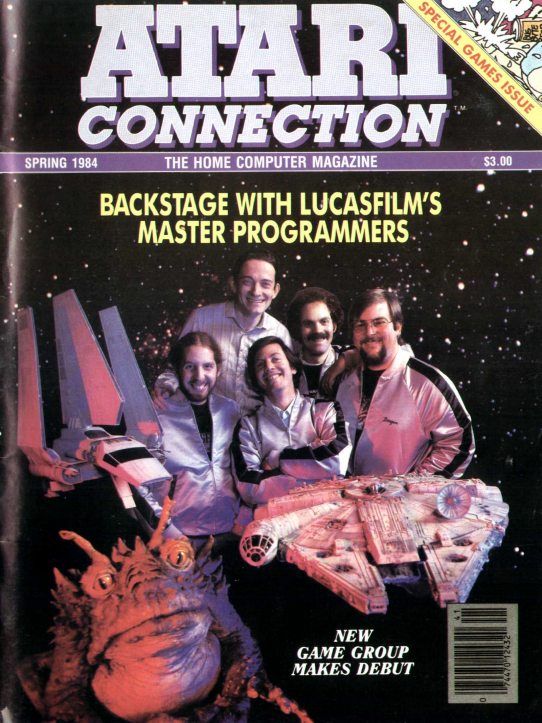 A few months ago longtime Amigos supporter and friend of the show The Slow Norris sent me a box full of magazines related to the Atari 8 bit line of computers. They were mostly issues of Antic, a magazine I adore and grew up reading, but sprinkled in were some other publications I wasn’t aware of. One of these was Atari Connection, a magazine published by Atari themselves. Far from the usual self-promotion one would expect from a magazine written by the home office, Atari Connection is surprisingly full of interesting articles about programming, as well as the usual hardware and software reviews you’d expect. Early computer magazines in the United States were geared toward an older audience, and the maturity of the writing shows through. I find them fascinating and quite readable today, as opposed to most of the gaming-centric magazines written for children and teenagers.
A few months ago longtime Amigos supporter and friend of the show The Slow Norris sent me a box full of magazines related to the Atari 8 bit line of computers. They were mostly issues of Antic, a magazine I adore and grew up reading, but sprinkled in were some other publications I wasn’t aware of. One of these was Atari Connection, a magazine published by Atari themselves. Far from the usual self-promotion one would expect from a magazine written by the home office, Atari Connection is surprisingly full of interesting articles about programming, as well as the usual hardware and software reviews you’d expect. Early computer magazines in the United States were geared toward an older audience, and the maturity of the writing shows through. I find them fascinating and quite readable today, as opposed to most of the gaming-centric magazines written for children and teenagers.
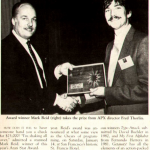 While flipping through the Spring 1984 issue, I came across an article detailing the latest winner of the Atari Star, the Atari Program Exchange prize. APX was an Atari-managed publishing house that solicited entries from bedroom programmers and published catalogs of the software. It was an easy way for Atari to grow their software catalog while not having to pay programmers, though they did award cash prizes to winners each year of the program’s existence. One of these winners was Mark Reid.
While flipping through the Spring 1984 issue, I came across an article detailing the latest winner of the Atari Star, the Atari Program Exchange prize. APX was an Atari-managed publishing house that solicited entries from bedroom programmers and published catalogs of the software. It was an easy way for Atari to grow their software catalog while not having to pay programmers, though they did award cash prizes to winners each year of the program’s existence. One of these winners was Mark Reid.
When I 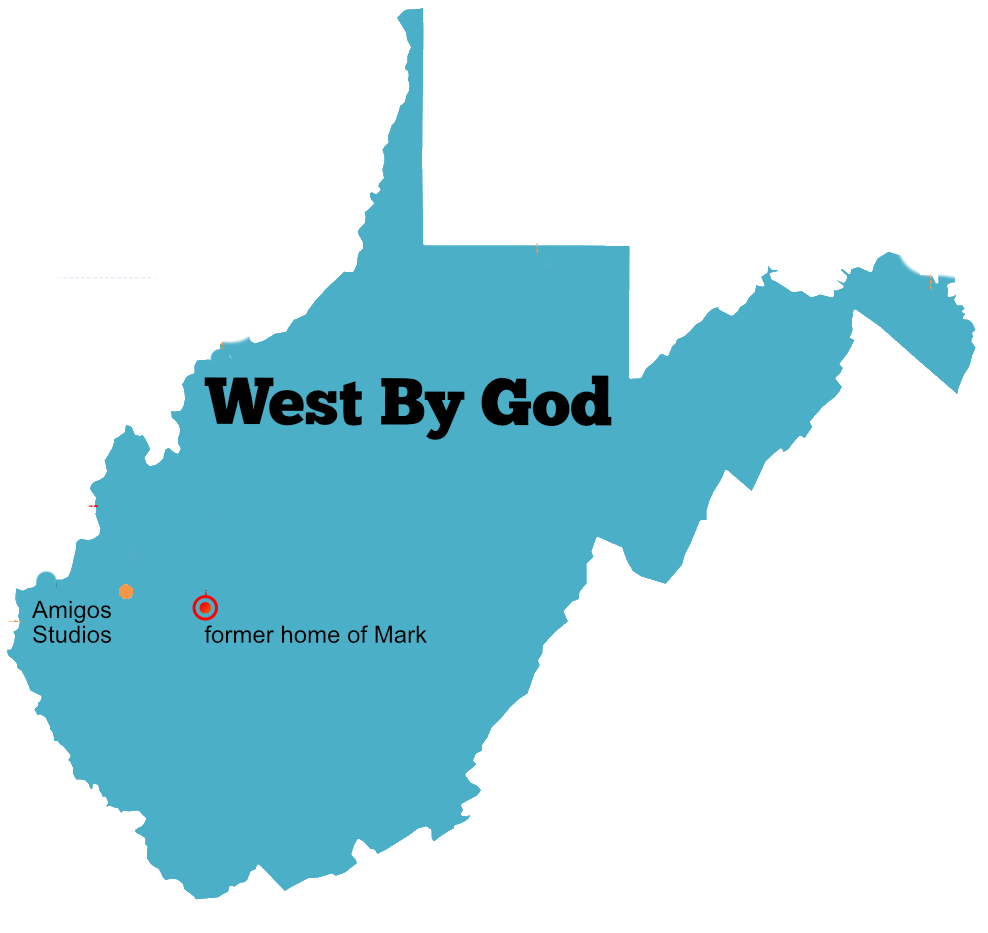 noticed Mark lived in the Amigos’ home of West Virginia, I embarked on a quest to track him down. Kay Savetz of the Antic podcast has interviewed everyone who’s anyone in the Atari scene, and put me in touch with him. Thanks, Kay! He agreed to answer some questions about being an Atari user in West Virginia, his programming background, and what it was like to visit Atari HQ on the eve of the video game crash.
noticed Mark lived in the Amigos’ home of West Virginia, I embarked on a quest to track him down. Kay Savetz of the Antic podcast has interviewed everyone who’s anyone in the Atari scene, and put me in touch with him. Thanks, Kay! He agreed to answer some questions about being an Atari user in West Virginia, his programming background, and what it was like to visit Atari HQ on the eve of the video game crash.
What brought you to West Virginia originally?
I graduated from Virginia Tech in 1979 with a chemical engineering degree. Since I grew up in the hills of East Tennessee and went to college in the hills of western Virginia the idea of living in the flatlands of the east coast or gulf coast (where the majority of the chemical industry was located) was not appealing and Charleston was not very far from home. When I visited for an interview I really liked the area and the people I met.
What was the Atari 8 bit scene like here? Did you know lots of people with them, or were they more of a niche machine from the get-go compared to the other computers available at the time?
All personal computers were niche machines at that time. During my freshman year of engineering, even though simple handheld calculators were already available we were still required to learn to use a slide rule and calculators were not allowed on tests. They eliminated that rule the next year. Personal computers were really just getting started. I learned to program in FORTRAN in college by typing decks of IBM cards on a key-punch machine and handing them through a window in the computer center. Hours later you could pick up a printout of the results. Not very inspiring.
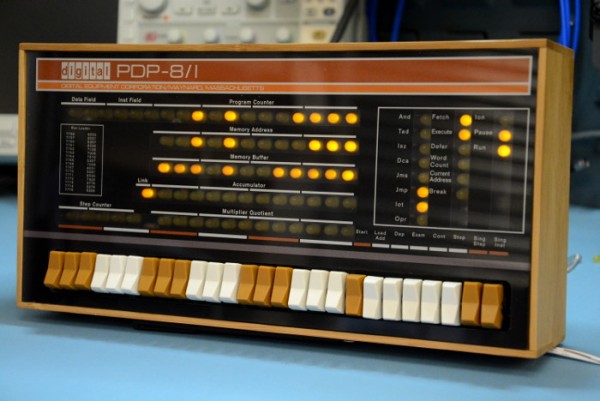 I was in the co-op program where semesters of work experience were intertwined with the school work and during my last work semester at Tennessee Eastman Company I got to work with a PDP-8 “minicomputer” (the size of several tall filing cabinets) with an CRT terminal interface. You could type in the FORTRAN onscreen, type RUN, and almost immediately see the results. I was hooked. The TRS80 came out about then and I would go to Radio Shack and lust after it, but couldn’t afford it or justify it.
I was in the co-op program where semesters of work experience were intertwined with the school work and during my last work semester at Tennessee Eastman Company I got to work with a PDP-8 “minicomputer” (the size of several tall filing cabinets) with an CRT terminal interface. You could type in the FORTRAN onscreen, type RUN, and almost immediately see the results. I was hooked. The TRS80 came out about then and I would go to Radio Shack and lust after it, but couldn’t afford it or justify it.
There were many other microcomputers coming out in those days. The Apple II of course, the Commodore PET, and several others I can’t recall the the names of. One I really wanted had a built-in screen (in color!) and a built-in floppy drive. It was very expensive, but I wanted it so bad I actually bought the manuals for it and wrote some programs out on paper even though I didn’t have the computer. I never did get it. Computer stores were just becoming a thing and I went repeatedly to play with an Apple II, but it also was very expensive.
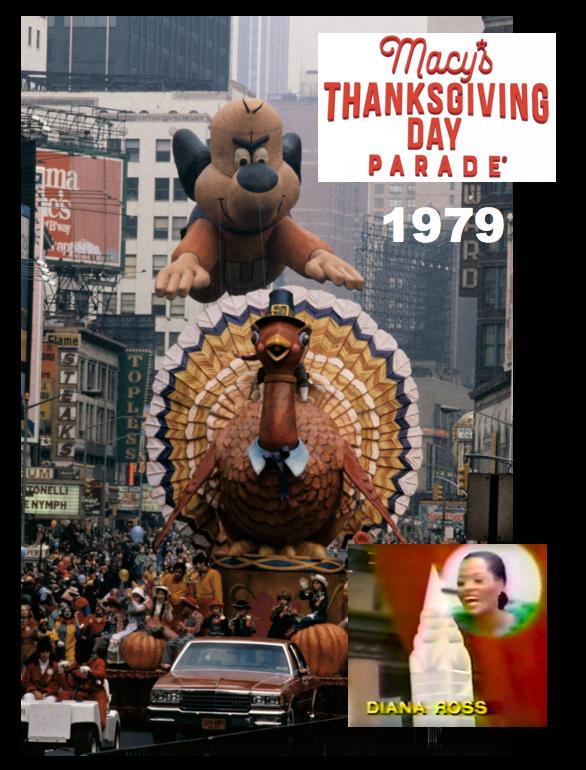 Meanwhile, I had been into game consoles that connected to a TV for a long time. I had the first Pong game, the first Magnavox Odyssey, so naturally I had an Atari VCS. I had so much fun with it that I already loved Atari. When I read they were coming out with a computer it was very exciting news. Then I read a magazine article about a industry demo Atari gave where they used Star Raiders to show off the capabilities of the graphics and sound hardware and it was described as jaw-dropping. It became a no-brainer. Soon after I was on a trip to New York City with my family at Thanksgiving (1979) to see the Macy’s parade. The Atari 800 had just been released and I asked if we could go to a computer store to see it. We did and my parents could see I was so excited about it that they bought me one on the spot for Christmas. They weren’t in stock yet so they shipped it to my folks and I got it on Christmas morning. Best Christmas ever!
Meanwhile, I had been into game consoles that connected to a TV for a long time. I had the first Pong game, the first Magnavox Odyssey, so naturally I had an Atari VCS. I had so much fun with it that I already loved Atari. When I read they were coming out with a computer it was very exciting news. Then I read a magazine article about a industry demo Atari gave where they used Star Raiders to show off the capabilities of the graphics and sound hardware and it was described as jaw-dropping. It became a no-brainer. Soon after I was on a trip to New York City with my family at Thanksgiving (1979) to see the Macy’s parade. The Atari 800 had just been released and I asked if we could go to a computer store to see it. We did and my parents could see I was so excited about it that they bought me one on the spot for Christmas. They weren’t in stock yet so they shipped it to my folks and I got it on Christmas morning. Best Christmas ever!
So, that’s a long story of how I got into personal computers and ended up selecting the Atari, but the point is that they were all niche machines at that time and really considered pretty frivolous by most people. It was not at all clear which machines would win in the marketplace and personally I was sure the Atari 800 would kick the Apple II’s butt because it was so much more powerful and affordable. As a very early adopter I didn’t know too many others who had an Atari 800, but after a while I did meet a few others and we would visit each other’s homes to play games and share knowledge and software. I made some great friends that way.
What type of Atari computer did you have? Where were the places you bought software? What was the biggest computer store in Charleston?
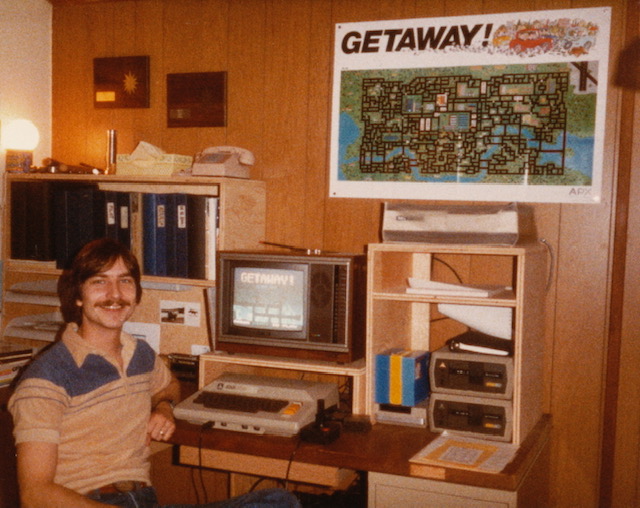 I had the 800 for many, many years, but eventually it did develop some problems and I got a 130XE to replace it. I remember a place called “The Computer Store” (very creative) and it was in a storefront on the ground floor in one of the downtown parking garages in Charleston. That’s where I would go to play with the Apple II. Later, when I had the Atari, there was a store called Computers Plus on D street in downtown South Charleston that eventually moved to a location on Jefferson Road. It stayed in business for quite a while. [Boat’s note–it’s still there!]
I had the 800 for many, many years, but eventually it did develop some problems and I got a 130XE to replace it. I remember a place called “The Computer Store” (very creative) and it was in a storefront on the ground floor in one of the downtown parking garages in Charleston. That’s where I would go to play with the Apple II. Later, when I had the Atari, there was a store called Computers Plus on D street in downtown South Charleston that eventually moved to a location on Jefferson Road. It stayed in business for quite a while. [Boat’s note–it’s still there!]
Were you a part of any user groups? If so, what were those meetings like? Where did you meet?
I wasn’t other than getting together with friends as I described. I do remember going to a users group meeting with a friend one time that was for users of any brand of personal computer, but I didn’t join.
How did you get into programming? Did you write any games before Getaway?
I learned FORTRAN in college and wrote programs during my co-op assignment at Eastman. When I started at Union Carbide in Research and Development and they discovered I knew how to program they put me in an office that had two terminals and a printer so I could work on the company’s time sharing system. I was in heaven! It was called DTSS (Dartmouth Time Sharing System) and besides FORTRAN you could also code in COBOL or BASIC. That’s when I first learned BASIC.
When I got the Atari 800 I started writing graphic demos and simple games in BASIC to learn the hardware capabilities. When Atari started their program exchange (APX) I submitted two games I already had, Munchies and Solitaire. Munchies was a Pac-Man clone and so naturally was rejected. Solitaire was the Klondike card game and it was accepted and put in their catalog. That was encouraging so I completed work on a little more ambitious game called Downhill which was a skiing game that used vertical scrolling. One of the most impressive features of the Atari was the graphics hardware that made it easy to create large playfields and scroll them around on screen. That was something no other PC could match. APX liked Downhill, but they wanted me to make an improvement. The clock which timed your run down the hill showed seconds and tenths of seconds, but they wanted it to also show hundredths of seconds. BASIC just wasn’t fast enough to do that, so I wrote a subroutine in machine language to handle the clock. They accepted it and put it in their catalog and it won 3rd prize in their quarterly contest which was $1000 in Atari hardware or software of your choice. I was over the moon! I got a floppy disk drive to replace the cassette recorder I had been using and now I was really in business!

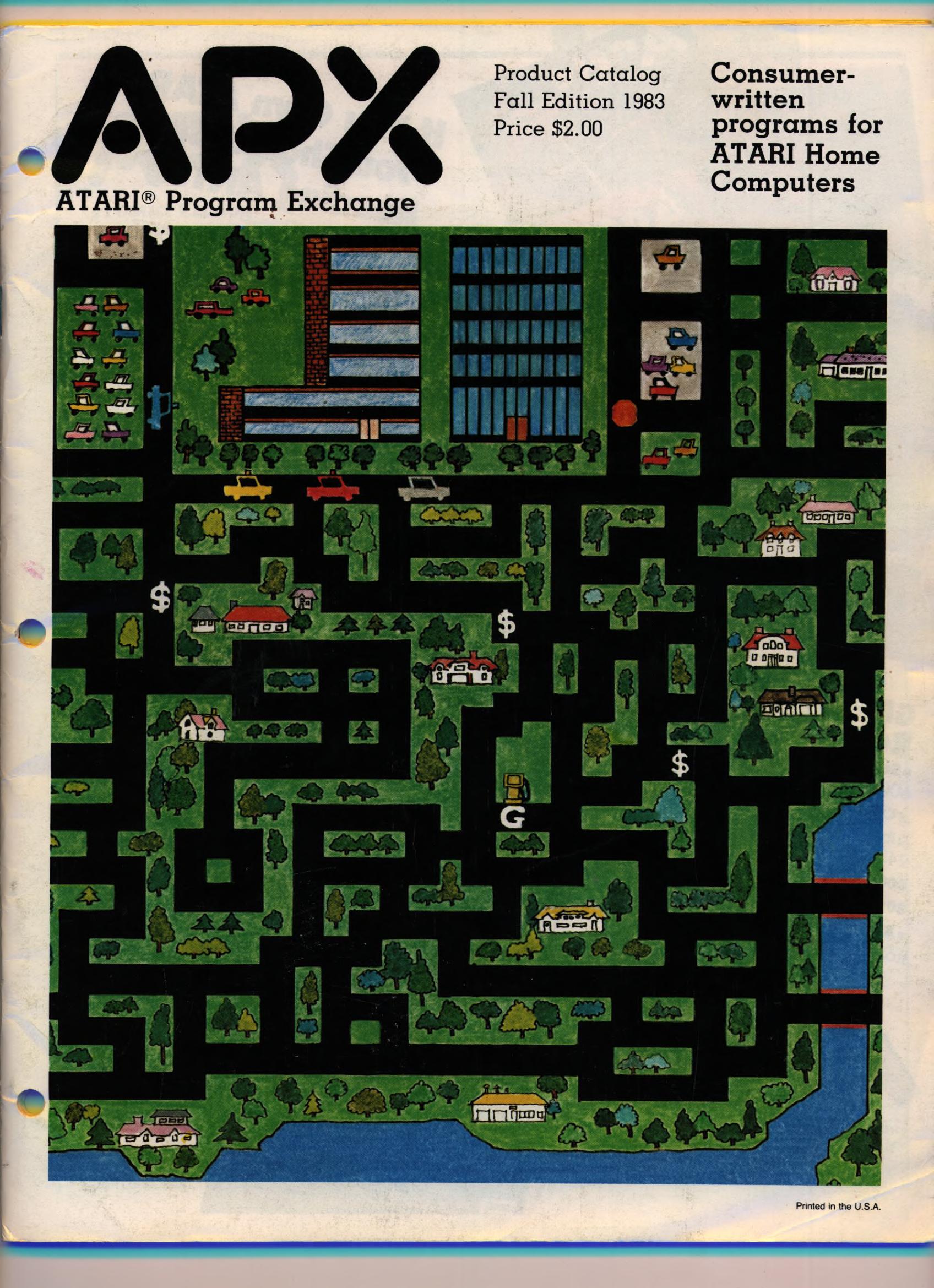 The next program I worked on was Getaway!. I had been impressed with the scrolling playfield in Eastern Front and wanted to do that but on a bigger scale and more of an arcade type game. I knew it would require machine language to do it right so I bit the bullet and learned Assembly Language. It was much more ambitious than anything I had tried before and took much of my spare time for quite a while, but I was amazed by Atari’s reaction to it. It won first prize in the quarterly contest ($3000 in merchandise) and they featured it on the front of the catalog.
The next program I worked on was Getaway!. I had been impressed with the scrolling playfield in Eastern Front and wanted to do that but on a bigger scale and more of an arcade type game. I knew it would require machine language to do it right so I bit the bullet and learned Assembly Language. It was much more ambitious than anything I had tried before and took much of my spare time for quite a while, but I was amazed by Atari’s reaction to it. It won first prize in the quarterly contest ($3000 in merchandise) and they featured it on the front of the catalog.
They created a poster for it and advertised in major magazines. It was sold in the Sears catalog and Crutchfield catalog among others. I really couldn’t believe it.
Then when it was selected as one of the four finalists for the annual Atari Star award I was just in shock. They flew my wife and I to San Francisco for the awards ceremony and it was a blast. They put us in the St. Francis hotel downtown and gave us a tour of Atari Headquarters. We had a big dinner at Fisherman’s Wharf with many Atari executives. When it won I was so thrilled. It was an awesome time for both of us. I’ll attach a few pictures from that time.
After Getaway, were you approached by any publishers to write games for them? Did you write any other games after Getaway?
The collapse of Atari threw a big wet blanket on my programming aspirations. I enjoyed the experience immensely, but I was very glad I hadn’t quit my real job as a Research Engineer. I never started any more projects as big as Getaway!, but I was working on a sequel to Solitaire that was in machine language and looked like real card play versus the character based graphics of the first version.
After APX went out of business Antic Magazine approached many APX developers including me about selling their software. At the time I declined because I had signed an exclusive agreement with Atari and I wasn’t sure where I stood legally. I wrote several letters to their legal department trying to find out but never got a response. The industry was moving on rapidly at that point anyway with the introduction of the IBM PC.
I was also approached later by Paul Cubbage when several former APX employees were trying to start their own version of APX, but nothing ever came of it.
You won a $25,000 prize as part of the Atari Star Award. Did you buy any computer-related fun stuff with your winnings?
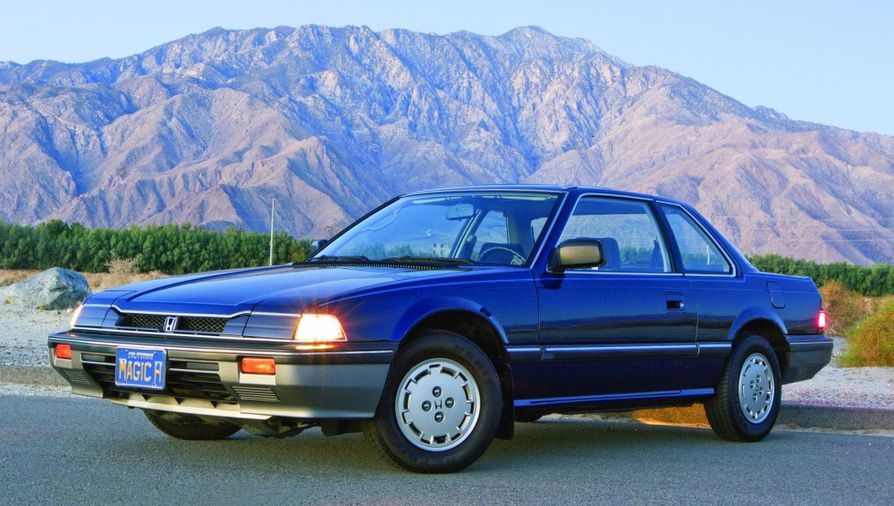 I bought my wife a Honda Prelude and got some waterproofing work done on the basement of our home, LOL! After winning $1000 and $3000 in Atari merchandise in the quarterly contests I had pretty much everything they sold. I did get an Amiga 1000 when they came out the next year because it was the graphical successor to the Atari VCS and 400/800 computers. I enjoyed it very much, but never got into programming it like I did the Atari.
I bought my wife a Honda Prelude and got some waterproofing work done on the basement of our home, LOL! After winning $1000 and $3000 in Atari merchandise in the quarterly contests I had pretty much everything they sold. I did get an Amiga 1000 when they came out the next year because it was the graphical successor to the Atari VCS and 400/800 computers. I enjoyed it very much, but never got into programming it like I did the Atari.
What are you up to now? Do you still use your Atari from time to time?
I still have my 130XE in the attic and have dusted it off a few times. Occasionally I’ll play some of the games I enjoyed back then (including Getaway!) on an emulator. My favorite game console currently is the Nintendo Switch and my favorite game is The Legend of Zelda: Breath of the Wild. In fact it’s almost the only game I play. It’s so amazing. I’ve played it more than 350 hrs and I’m still finding new things to do. I’ve been a fan of the Zelda games since the original one on the NES. They accomplished what I fantasized about doing as a programmer, creating a living, breathing world that you could interact with and which changed with the time of day, the weather, and the seasons.
I’m retired now and my hobbies include golf, photography, boating, and reading. Actually I should probably put reading at the front of that list. Maintenance and yard work on our main home and lake house also keep me busy. We also enjoy traveling very much, but of course that’s been on the back burner for a while. I’m still very much a geek about new technology and get excited about new gadgets, but only as a consumer. I have an iMac, a MacBook, an iPad, an iPhone, AirPods, a HomePod, an Apple Watch and if they come out with an Apple Ring I’ll probably get that too. I was definitely wrong about who would win between Atari and Apple in their personal computer competition, but fortunately I invested some of the money I made from Atari in Apple and Microsoft stock, LOL!
—
A big thank you to Mark for taking the time to answer these questions! If you have any questions or comments for Mark, please put them in the comments below, and I’ll send them on!
In addition, Mark has uploaded the source code of his games to the Internet Archive.
Read about current development of a Getaway! level editor on AtariAge.

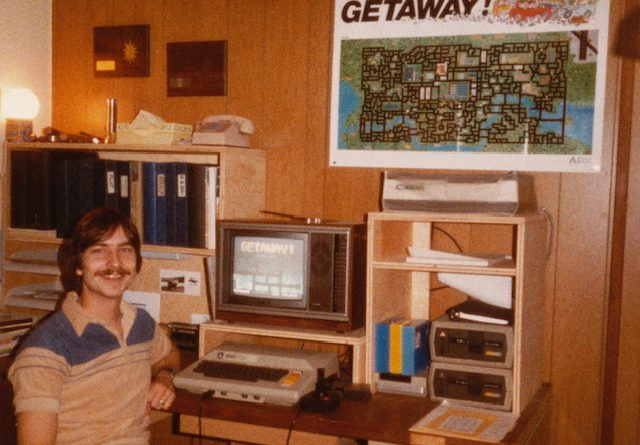
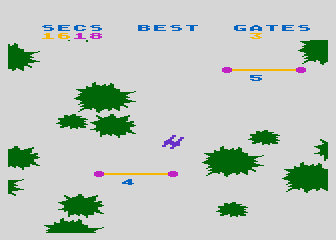
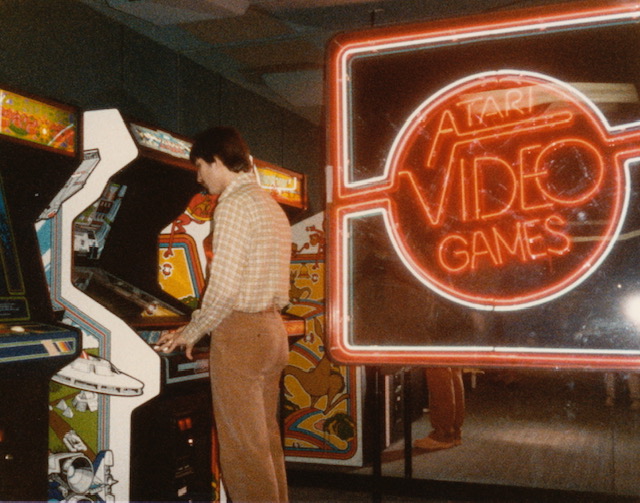

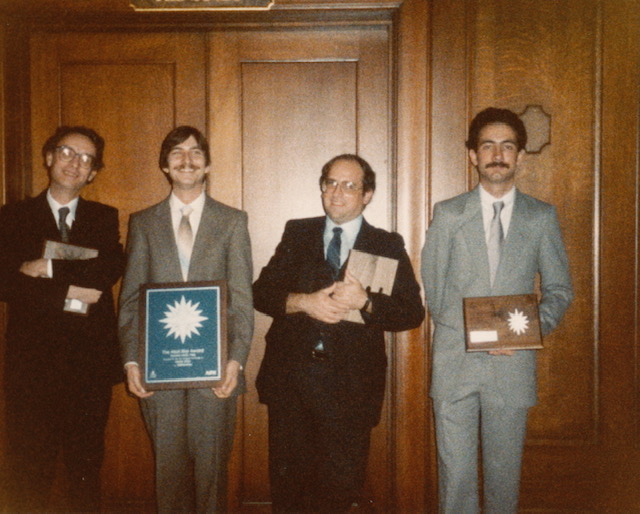
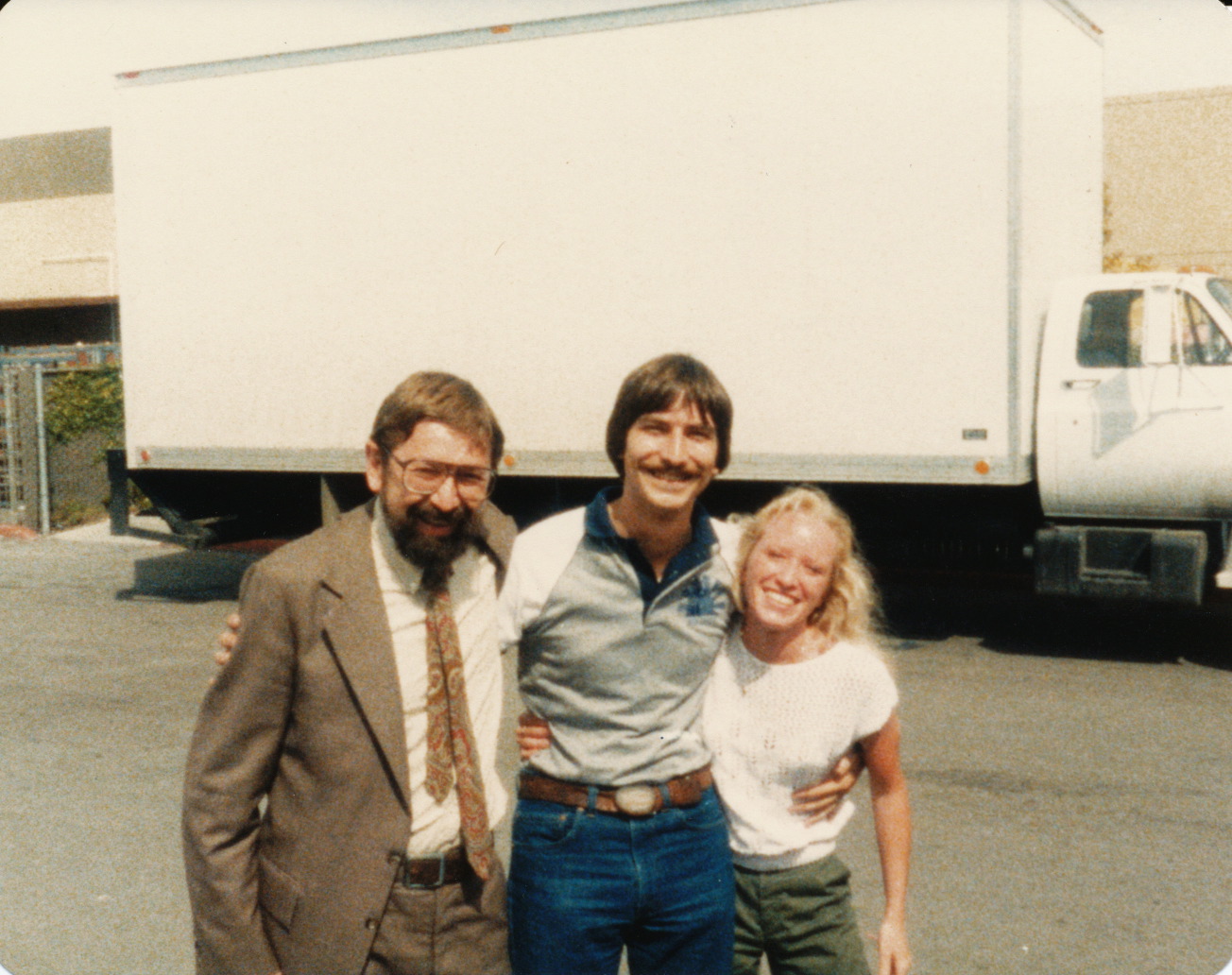
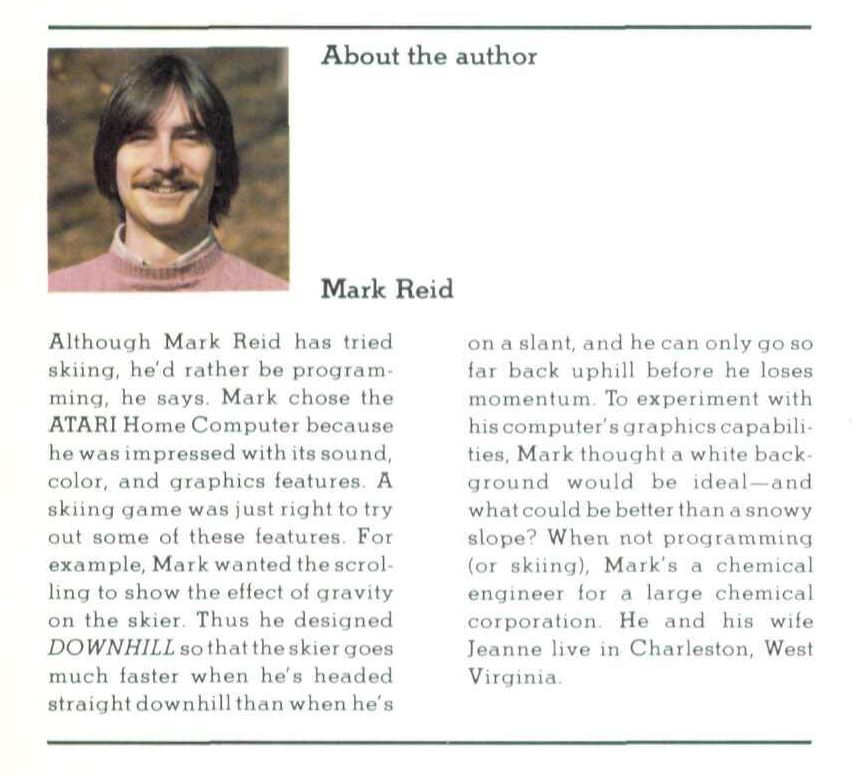
Wow Boat, what a great read. It’s interesting to see these sorts of stories and have a glimpse into when the heroes of technology weren’t centralized in large companies on the coast. And to find out there was an award winning Programmer right in your own back yard. Awesome!